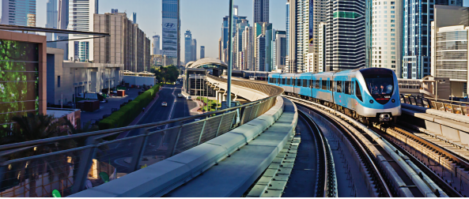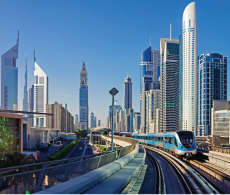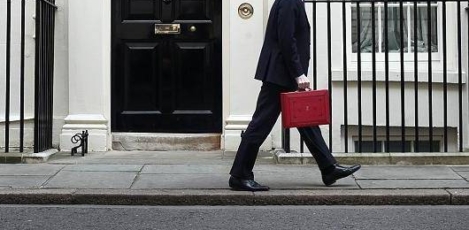September 29, 2015
Cyber attacks cost global businesses over £200bn a year 0
 Ashley Madison and Sony are the high profile victims of cyber-hacking, but with hacks becoming more prevalent, nearly half of firms are putting themselves in the firing line by having no comprehensive strategy to prevent digital crime, the latest Grant Thornton International Business Report (IBR) has warned. It says the total cost of cyber-attacks globally are estimated to be more than £200bn (US$315bn*) over the past 12 months and more than one in six businesses have faced a cyber attack in the past year. The UK government has classified cyber security as one of the four top threats to the UK, alongside natural disasters, international terrorism and military invasion. The global survey of 2,500 business leaders in 35 economies found that 15 percent of businesses have faced a cyber attack in the past year, with businesses in the EU (19 percent) and North America (18 percent) the most heavily targeted.
Ashley Madison and Sony are the high profile victims of cyber-hacking, but with hacks becoming more prevalent, nearly half of firms are putting themselves in the firing line by having no comprehensive strategy to prevent digital crime, the latest Grant Thornton International Business Report (IBR) has warned. It says the total cost of cyber-attacks globally are estimated to be more than £200bn (US$315bn*) over the past 12 months and more than one in six businesses have faced a cyber attack in the past year. The UK government has classified cyber security as one of the four top threats to the UK, alongside natural disasters, international terrorism and military invasion. The global survey of 2,500 business leaders in 35 economies found that 15 percent of businesses have faced a cyber attack in the past year, with businesses in the EU (19 percent) and North America (18 percent) the most heavily targeted.










 The number of firms planning to expand in London is at its highest level (50 percent) since 2012, though retaining employees and improving the capital’s infrastructure remain key concerns. According to the re-launched
The number of firms planning to expand in London is at its highest level (50 percent) since 2012, though retaining employees and improving the capital’s infrastructure remain key concerns. According to the re-launched 
 Newly published research
Newly published research

























September 17, 2015
Growth of on demand economy is transforming work and workplaces 0
by Mark Eltringham • Comment, Flexible working, News, Technology, Workplace design
More →